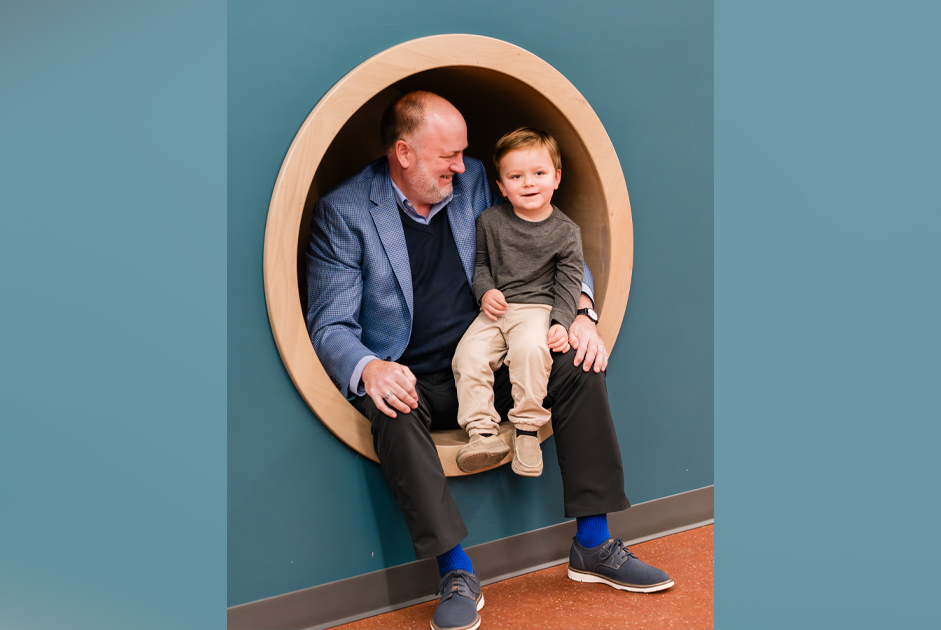Making a large purchase is a significant financial decision that requires careful consideration and planning. Whether you’re buying a new home, a new car or any type of appliance or electronics, understanding the key factors involved can help ensure that your investment matches your financial goals and personal needs. Here’s a comprehensive guide to what you need to consider before making a large purchase.
First, understanding the total cost of your intended purchase is crucial. Beyond the sales tag price, there may be additional costs such as maintenance, insurance, taxes and other ongoing expenses. For example, buying a new car involves not only the purchase price, but also insurance premiums, regular maintenance and potential repairs. With a new home, one should consider property taxes, homeowners’ association fees and utilities. Make sure to calculate these hidden expenses to get a true picture of the financial commitment required.
Next, evaluate your financial situation to determine if you can comfortably afford the purchase. This includes looking at your savings, income and other financial commitments. Create a detailed budget to see how the purchase will fit into your finances. If you plan to finance the purchase, consider the terms of the loan, including interest rates, monthly payments and the total cost of the loan over its term.
Reflect on the purpose of the purchase and its value to you. Is the item a necessity or a luxury? For instance, a car might be essential for your commute, while an expensive kitchen appliance may be more of a luxury. Understanding the purpose can help you determine if the investment is worth it and if it will provide long term value.
Consider the long term impacts of your purchase. Think about how it will fit into your future plans and lifestyle. For a home, evaluate its potential to meet your needs in the coming years, such as space for a growing family or proximity to work. For electronics or appliances, consider their lifespan, their use and how frequently you might need to upgrade. Understanding these factors can help you avoid buyer’s remorse and ensure that the purchase remains valuable over time.
Always be sure to look at an item’s warranty and return policy. A comprehensive warranty can provide protection against defects and issues, offering peace of mind. Additionally, understanding the return policy is essential in case the product doesn’t meet your expectations or has issues. Be clear about the terms and conditions for returns, exchanges or repairs to avoid complications later.
Also, be aware of the emotional factors that might influence your decision. Large purchases can be driven by emotions rather than rational considerations. Take the time to step back and assess if the decision is based on practical needs and financial logic. A cooling-off period can help you reflect and ensure that the purchase aligns with your long term goals and financial stability.
To help with this, seek advice from family or friends before finalizing your purchase. Consulting others can provide additional perspectives and help you evaluate the decision, as well as offering valuable insights or point out considerations you might have overlooked.
Making a large purchase requires more than just a moment of excitement. By carefully considering factors such as total cost, affordability, purpose, long term implications and available alternatives, you can make a well-informed decision that aligns with your financial situation and personal needs. Taking the time to research, evaluate and consult can help ensure that your investment brings lasting value and satisfaction.



















